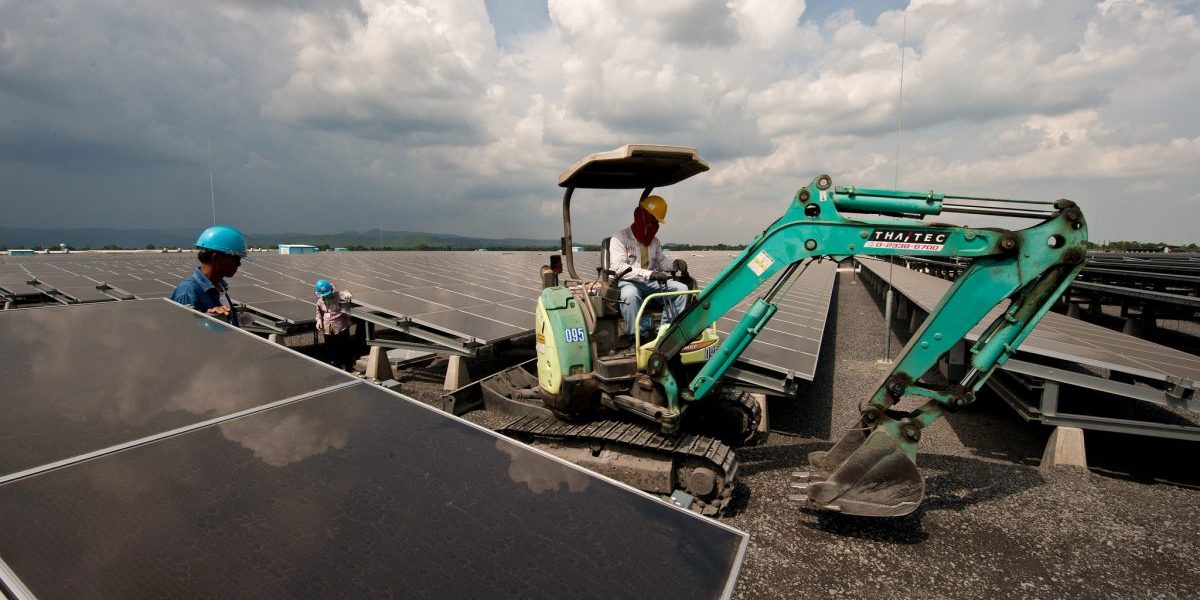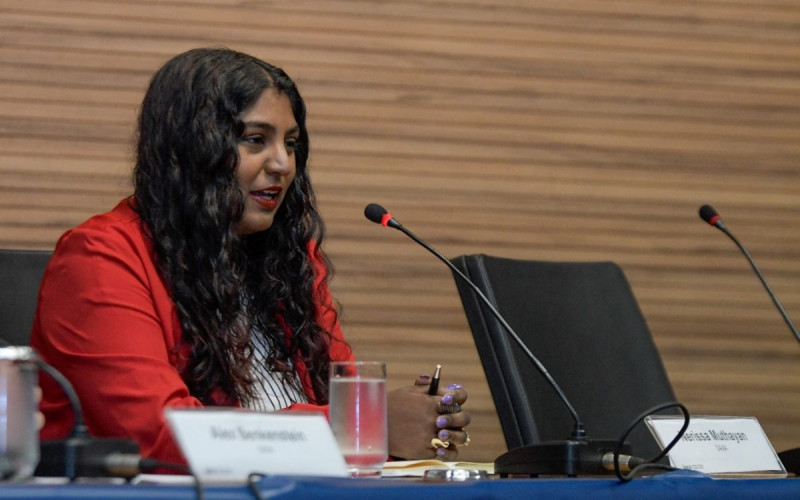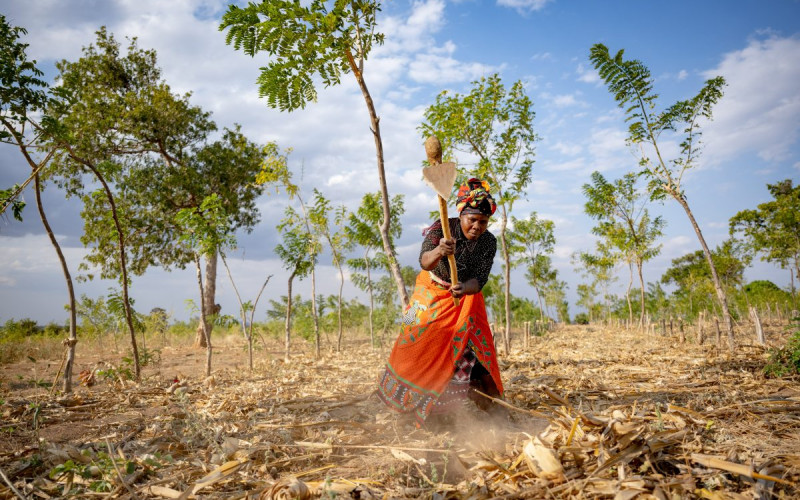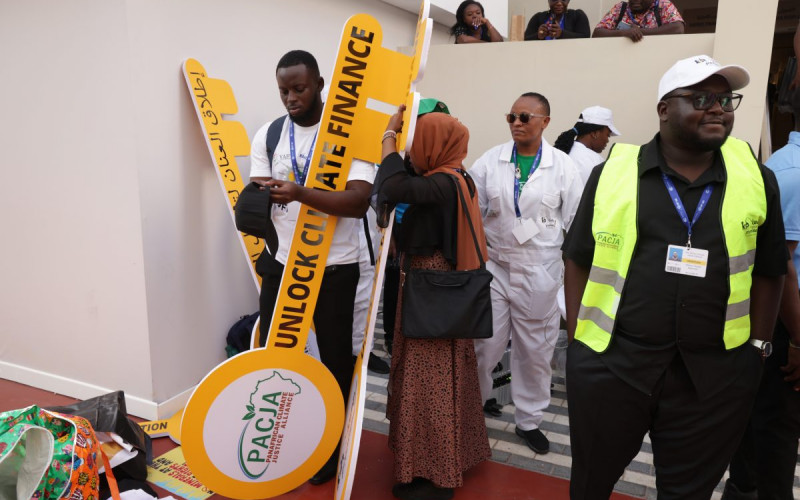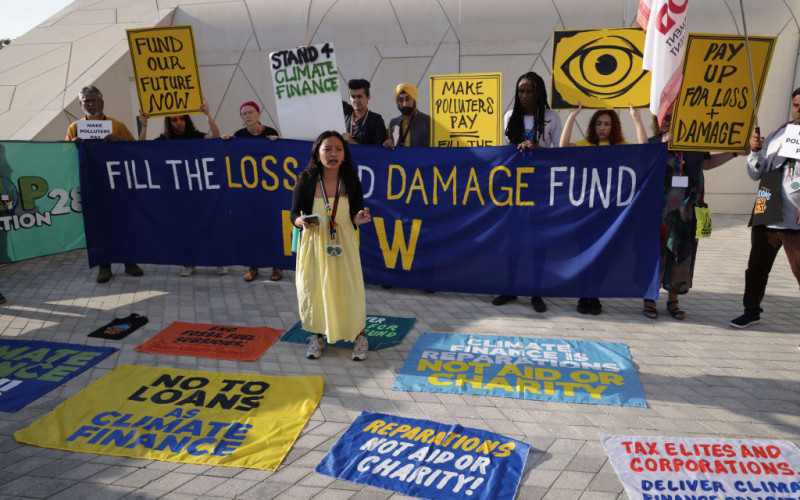The pledge was made at the beginning of November in a declaration signed by 78 countries at the Beijing International Renewable Energy Conference.
Representatives from Brazil, China, Germany, India, the UK and the EU were among those who signed the declaration. The US was not involved.
Because progress in renewable energy technology has been led by developed countries, most developing nations have been left behind, said Mohamed El-Ashry from the UN Foundation.
‘The global imbalance will increase unless the international community strengthens its commitment to the scaling up of renewable energy development and use, especially in the developing countries,’ he said.
In a message to the conference, UN Secretary-General Kofi Annan urged industrialised countries to speed up the transfer of technologies and funding to developing nations. Calling also for greater South-South cooperation, Annan said renewable energy was essential for improving the lives of poor and vulnerable people.
Zhang Guobao, vice-minister of China’s National Development and Reform Commission pointed out, however, that accepting assistance from developed countries can be problematic for poorer nations. ‘Sometimes we have been forced to buy equipment from developed countries when accepting their loan, grant or aid,’ said Zhang. ‘The expensive equipment adds to our costs.’
For example, said Zhang, electricity made in coal-fired power stations costs one-third of that using wind energy technology from industrialised nations.
China plans to build hundreds of coal-burning power stations in the coming years to support its rapid economic growth. Worldwide, its emissions of carbon dioxide, the main gas responsible for climate change, are already second only to those of the US.
According to a report released on 7 November by the International Energy Agency, China will produce one-fifth of the world’s emissions by 2030.
To counter this, said Zhang, China would double the contribution of renewable energy to overall supplies from 7% to 15% by 2020. But that would cost $184 billion – and some of this money would need to come from international donors and the private sector. China is considering improving the incentives it offers to businesses to invest in renewable energy.
He also said that China would help other developing countries use renewable sources of energy such as wind, solar, and biomass.
Renewable energy supplies 17% of the world’s supplies, according to a report by the US-based Worldwatch Institute’s Renewables 2005 – Global Status Report.
The report says that at least 43 countries have set targets for increasing renewable energy use. Among the countries are 10 developing nations including Brazil, China, India and South Africa.

